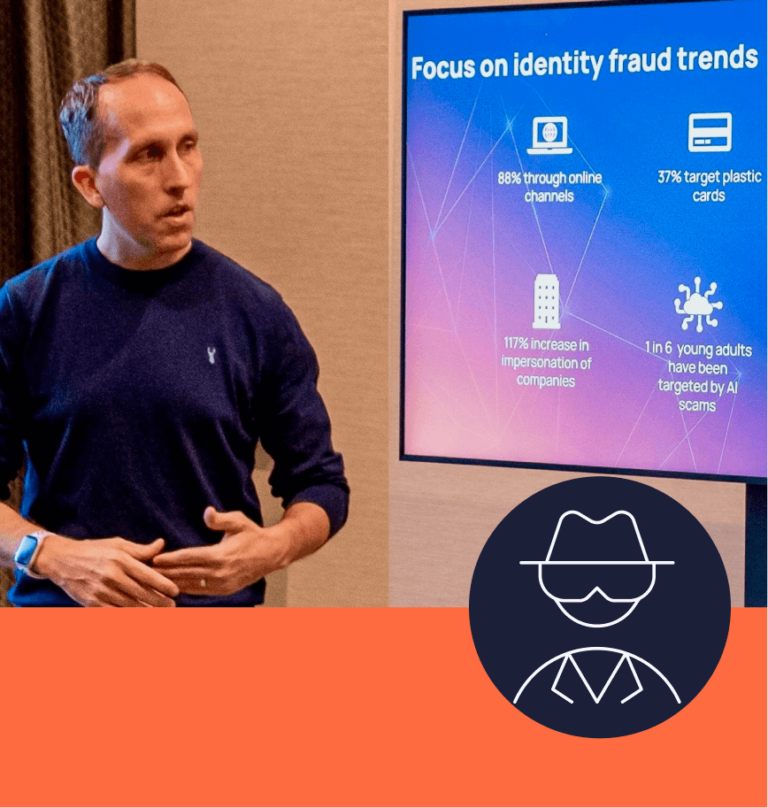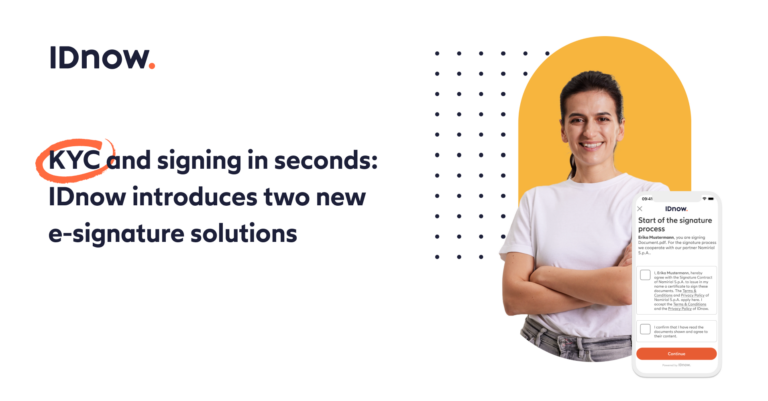What is the information security standard ISO 27001?
ISO/IEC 27001 is an internationally recognized standard for information security management. It was published in October 2005, revised in 2013, and it provides a framework for businesses to implement security controls and measure their effectiveness.
A specification for an information security management system (ISMS), ISO/IEC 27001 is part of the ISO/IEC 27000 family of standards. The ISO/IEC 27000 family provides guidelines and general principles for initiating, implementing, maintaining, and improving information security management within an organization.
The standard is designed to help organizations manage their information security risks, including those related to cyber security. ISO 27001 is based on a risk management approach and provides a structure for identifying and managing information security risks.
Additionally, the standard is also aligned with ISO 9001 (Quality Management) and ISO 14001 (Environmental Management), which makes it easier for organizations to integrate ISO 27001 into their existing management systems.
Importance of ISO 27001 for Identity Verification Solution Providers
ISO 27001 is important for identity verification management because it helps ensure that businesses have the necessary controls in place to protect customer data.
By adhering to the ISO 27001 standard, businesses can demonstrate their commitment to data security and build customer trust. Furthermore, ISO 27001 can help businesses avoid costly data breaches by ensuring that their information security controls are up to date and effective.
As such, ISO 27001 is a critical part of any identity verification management program and is especially relevant to the compliance requirements of anti-money laundering (AML) and KYC (know your customer) regulations.
How does ISO 27001 work?
The ISO 27001 standard is intended to be used by organizations of all sizes. However, it is particularly well suited for organizations that handle large amounts of sensitive data or that are subject to stringent regulatory requirements.
To implement ISO 27001, organizations first need to find out what potential problems could happen to their information (i.e., risk assessment).
They then need to define actions to prevent such problems from happening (i.e., risk mitigation or risk treatment).
Once the risks have been identified and addressed, organizations can then move on to implementing the ISO 27001 requirements.
Implementing ISO 27001 can be a challenging process, but the benefits are clear. Organizations that implement ISO 27001 can benefit from improved security, greater efficiency, and reduced costs.
How to get certified to ISO/IEC 27001
Organizations that implement an ISO/IEC 27001-compliant ISMS can be certified by an accredited certification body. Certification to ISO/IEC 27001 demonstrates that an organization has a documented ISMS that meets the requirements of the standard. ISO/IEC 27001 is designed to keep information assets secure. It helps organizations to manage their information security risks, including those arising from the use of new technologies and business processes.
By implementing ISO 27001, organizations can demonstrate their commitment to information security and help to protect their customers' data. However, ISO 27001 is constantly evolving, as new technologies and threats emerge. As a result, organizations need to periodically review and update their ISO 27001-based ISMS to ensure that it remains effective. Read more about IDnow's ISO/IEC 27001 certification here.



